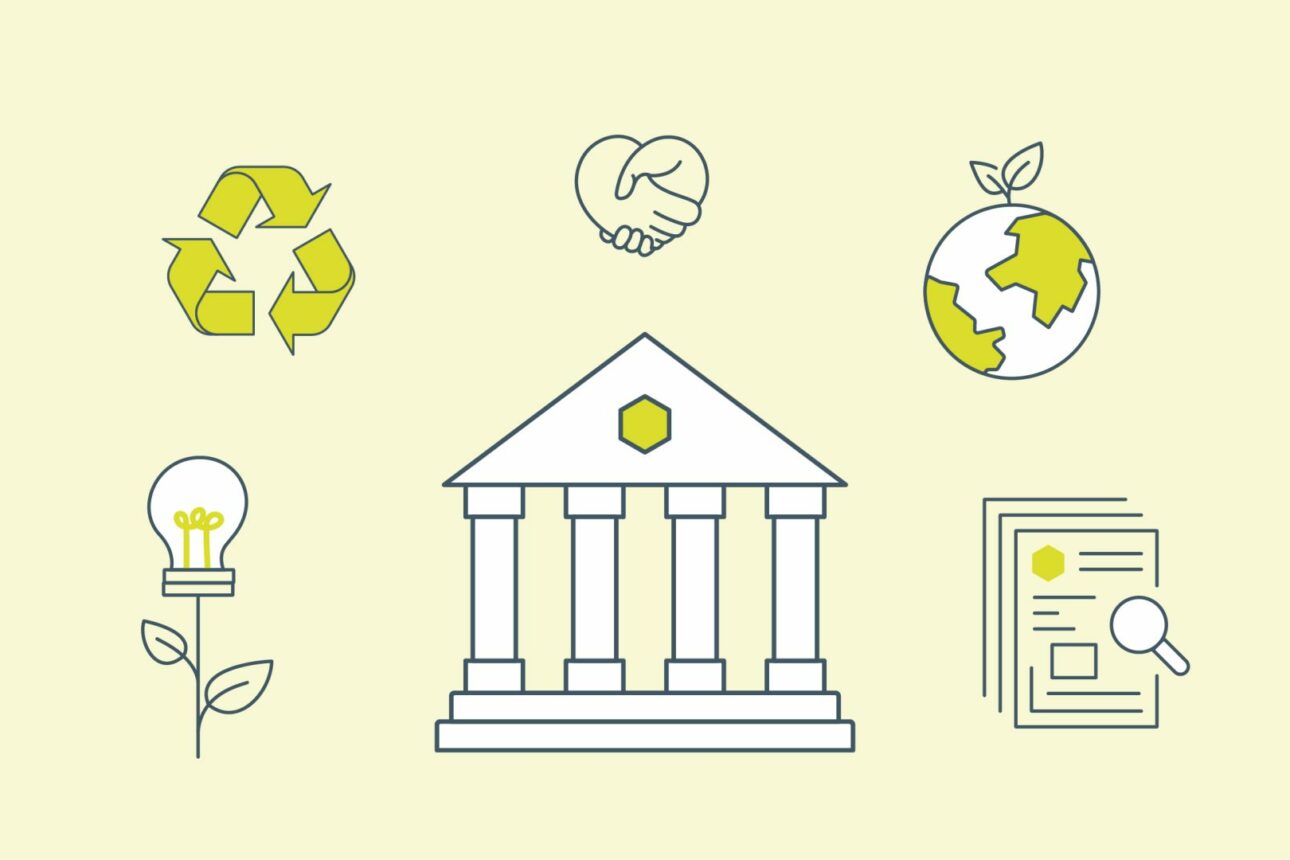
Extended Producer Responsibility (EPR) is a new piece of legislation coming into effect in the UK in 2023. The policy introduced within EPR represents the most significant change in the way we deal with waste packaging since the advent of the Packaging Waste Regulations in 1997.
Plastic pollution is very quickly becoming one of the greatest threats to our environment and our health, with 8 million tonnes of plastic entering our oceans every year (i). This plastic infiltrates ecosystems, and subsequently our diets, with recent studies suggesting that humans may be consuming up to 52,000 microplastic particles a year (ii). Furthermore, since its emergence in the 1950s, a shocking 79% of all plastic has ended up in landfills or the environment (iii).
EPR attempts to combat the plastic pollution crisis by adopting the ‘Polluter Pays’ principle, essentially meaning that polluters are to bear the costs of managing pollution to prevent damage to human health and the environment, or, as DEFRA states, ‘a producer’s responsibility for a product is extended to the post-use stage’ (iv). Therefore, producers are incentivised to design more sustainable products, which are more easily reused or recycled at end-of-life.
A packaging producer is considered any organisation that produces or uses packaging, or sells packaged goods and meets the criteria as set out by the UK government. Click the link below to see if your company is an obligated packaging producer:
https://www.gov.uk/guidance/packaging-producer-responsibilities
Obligated businesses will be impacted by EPR in the following ways:
The central impact of EPR on businesses is the introduction of modulated fees, whereby obligated businesses may be liable to paying higher costs. This will vary from business to business depending on the recyclability of their packaging, and unrecyclable or difficult-to-recycle packaging will bear higher costs than more easily recycled packaging. Such fees are intended to incentivise organisations to use different packaging formats, and improve the environmental credentials of their current packaging (v).
Fee modulation will also require more detailed information about the packaging material, as modulation criteria will be set around a list of packaging categories. It is proposed each category will pick up a corresponding cost. As such, there will be significantly more complex data reporting requirements under EPR.
There are 4 strategies businesses can use to creatively alter their operations, ensuring their alignment with EPR regulations, thus minimising potential costs:
Here at Hazel 4D, we can help you reduce your plastic packaging using innovative technologies, so that you can lower both your costs and environmental impact. Where the adoption of alternative products to plastic is not currently viable, for example when wrapping pallets, we can work with you to reduce your plastic waste by dramatically reducing the amount of film being used. We don’t compromise and can ensure that we will simultaneously improve load stability whilst reducing costs.
Furthermore, we have a variety of products with recycled content, at 30% or higher, so you can also avoid further charges associated with other upcoming legislation: The Plastic Packaging Tax. 98% of the packaging consumables we sell are fully recyclable. We aim to make this 100% in the next 3 years.
We advocate for innovation at Hazel 4D, and believe reimagining products can help create the most sustainable and cost-effective products. For example, we have a paper range of products, which re-think the typical, and often unrecyclable, plastic alternatives. You can check them out here: https://www.hazel4d.com/products/environmental/
(i) https://singleuseplastics.plasticpollutioncoalitionresources.org/
(iii) https://www.greenpeace.org/usa/key-facts-about-plastic-pollution/
(iv) https://www.gov.uk/government/publications/resources-and-waste-strategy-for-england